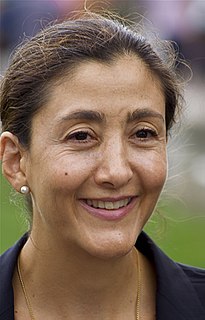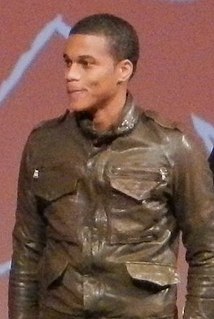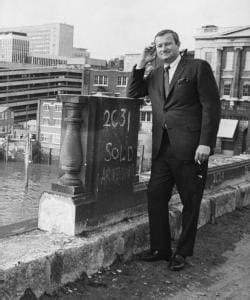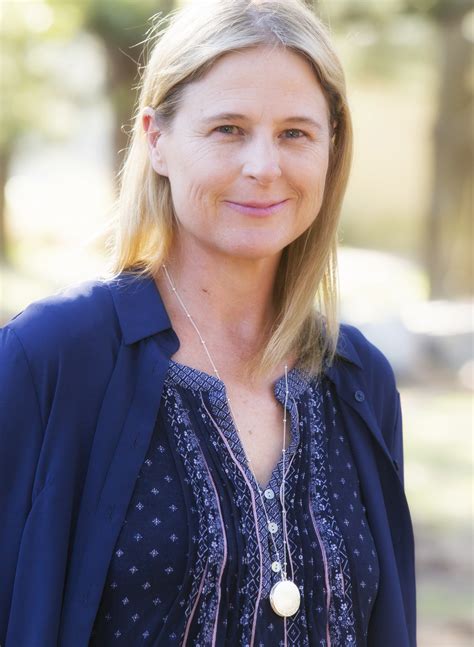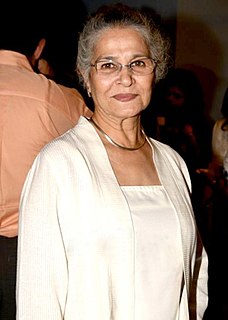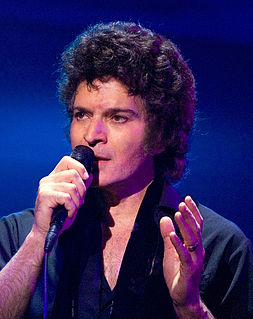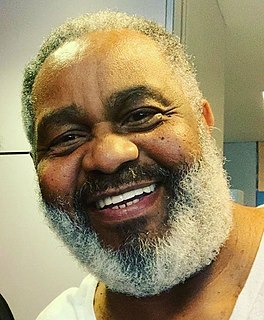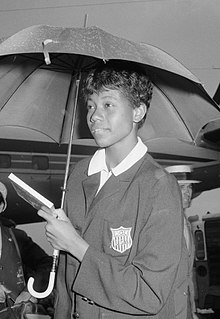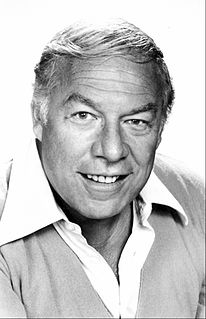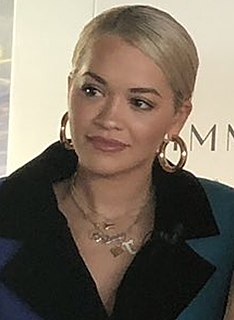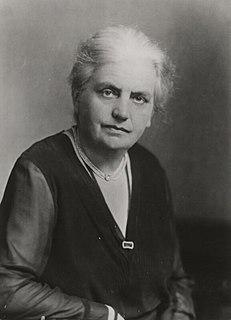A Quote by Ingrid Betancourt
These years after my liberation were years of reconstruction, and I think I made the right decisions... I mean, I lost everything: my life; my father died; I didn't know anything about my children.
Related Quotes
My mum died of leukemia when I was in high school - she lost her life at 40. It was very hard, and I didn't do that much in Chicago after that. I actually sat around and didn't do anything for three years. I didn't know what I wanted to do anymore because my everything was gone. I was a mama's boy, and I had to turn into a man real quick.
Dear Complete and Utter Stranger, The first thing that I have to say is that I hate oatmeal. I really hate it. And you know what? If you like oatmeal at all? I mean even the tiniest bit? I mean, say you were lost in the Himalayas, right, and you hadn't eaten anything except a Mars Bar for about seven years, right, and you're really cold and your fingers are all dropping off, right, and you look behind this rock, and there's this bowl of oatmeal? Say you would even think about eating the oatmeal? Well, JUST DON'T BOTHER WRITING TO ME, OKAY?
Atul had a child from his first marriage but lost him when he was just 16 years old. His wife died 7-8 years later. He's really had a tough life. Probably these experiences have made him a more sensitive, caring and loving person... Had we been 20 years younger, we definitely would have had children.
People "died" all the time. . . . Parts of them died when they made the wrong kinds of decisions-decisions against life. Sometimes they died bit by bit until finally they were just living corpses walking around. If you were perceptive you could see it in their eyes; the fire had gone out. . . you always knew when you made a decision against life. The door clicked and you were safe inside-safe and dead.
Music was not always my fan. Sometimes there were lean years, years where I was uncertain if I was doing the right or wrong thing. And years where there wasn't the acceptance, years of economic hardships, and failures. That's when you get to know either who you are, what you're made of, or what's inside of you. If you don't probe deeper, you'll never know, and you can't go on.
I know black women in Tennessee who have worked all their lives, from the time they were twelve years old to the day they died. These women don't listen to the women's liberation rhetoric because they know that it's nothing but a bunch of white women who had certain life-styles and who want to change those life-styles.
When I was younger, I did my first audition at 'Eurovision.' I was about 17. After my first audition, I blacked out; I was just like, 'I can't do this.' I'm not knocking it or anything - it's been around for years. I'm just very, very happy I made that decision myself. I think that's one of the best decisions I've ever made.
the explanation of the ebb and flow of the women's movement ... is partly psychological. During those early post-war years when successes came thick and fast and were almost thrust upon us, the nation was still under the influence of the reconstruction spirit, when everything seemed possible ... A few years later the nation had reached the stage which follows a drinking bout. It was feeling ruefully in its empty pockets. It did not want to part with anything to anybody. Its head ached. Noble sentiments made it feel sick. It wanted only to be left alone.
But this was the only way of life that humans knew for their first 6m years on the planet. In giving it up over the past few thousand years, we have lost our vulnerability to disease and cold and wild animals, but we have also lost good ways to bring up children, look after old people, stave off diabetes and heart disease and understand the real dangers of everyday life.
